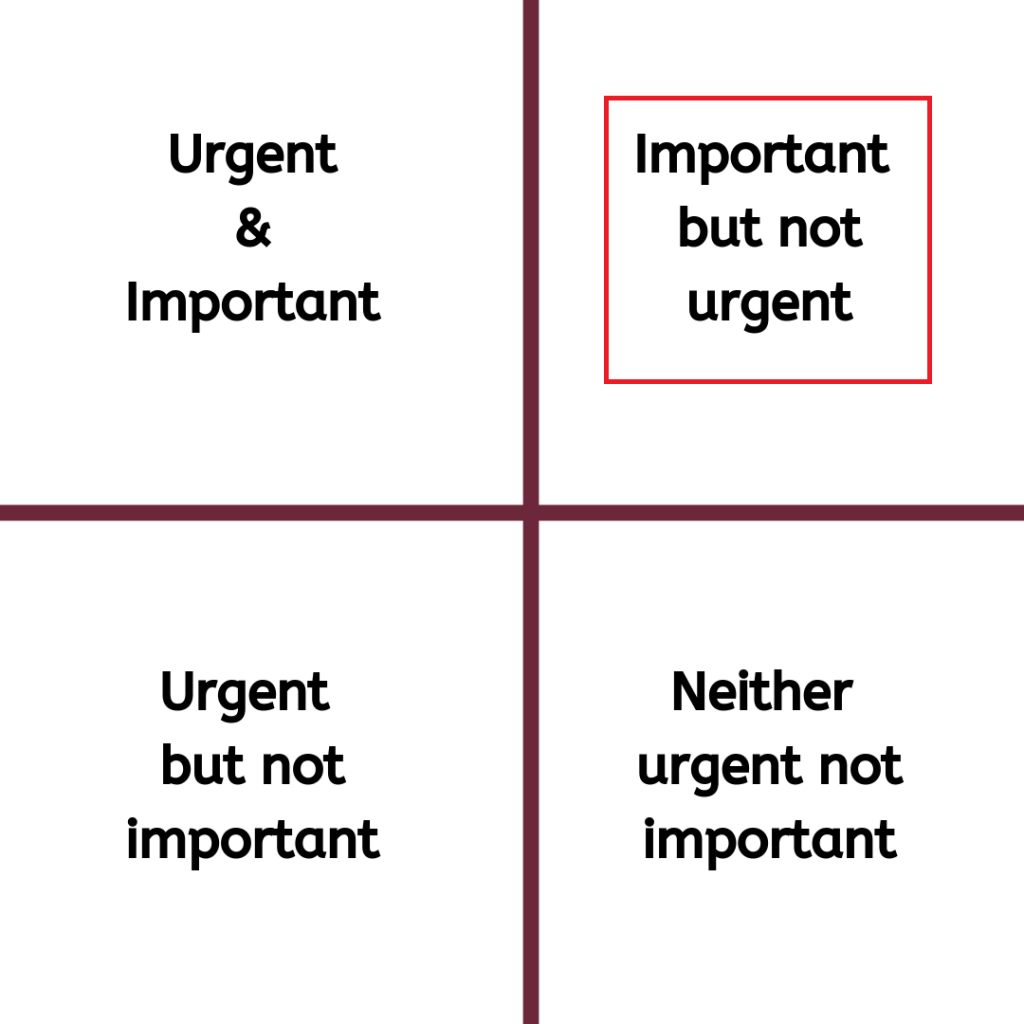The week’s posts on a single page (most recent at the top):
Double Dutch
What are the key numbers to know in your business?
Why might you need to know them?
Because when you monitor and understand them (and are clear on your goals), you’re better placed to increase your sales and profits.
As Bob Parsons, the founder of GoDaddy, listed in his 16 rules for Success:
Anything that is not managed will deteriorate.
If you want to uncover problems you don’t know about, take a few moments and look closely at the areas you haven’t examined for a while. I guarantee you problems will be there.
Some numbers to know relating to your business:
- Cash flow
- Costs – both regular and one-off
- Net income
- Margin
- Profit & loss
- Your closest competitors’ turnover
- Sales
- Price points
These don’t have to be double Dutch. If figures aren’t a strength, get the help from someone who’s more comfortable with them.
Dark And Long
The internet is swamped with confusing language, acronyms, initialisms, tech-talk and general waffle and nonsense.
Such as DDOS – a distributed denial of service attack. Neither waffle nor nonsense but confusing tech-talk.
Possibly motivated by revenge, blackmail or activism, these are cyber attacks organised by people who want to make a machine, network or website unavailable by flooding it with ‘requests’ (traffic/visitors) that eventually overload it and bring it down.
The flood of traffic comes from many sources, therefore making it very hard or impossible to stop.
Every Day Should Be A Holiday
The boring stuff as a freelancer can be some of the most important. When you look after the dull-but-necessary drudgery, you’re more able to relax because you know you’re organised.
Tasks that aren’t the most glamorous but can help no end include keeping an invoice ledger, managing incoming and outgoing payments, backing up websites and important work, and using Malwarebytes every now and then to keep your computer clean.
And then there’s ‘busy work’ – the things that will keep you occupied but don’t actually move you closer to where you want to be. Ignore that stuff and have a holiday.
Just Got Paid
The internet’s given banking a much-needed shake-up in recent years, and there are now more options than ever tailored especially for freelancers and small businesses.
Here are some to consider:
- Anna Money – “For freelancers, small businesses, and creative types”
- Tide – “1 in 12 business current accounts opened in the UK was with Tide, within a year of our launch.”
- Monzo – “The bank of the future”
- gohenry – “the pocket money app with a card for kids & parents”
- TransferWise – brilliant, easy and cost-effective way to send, spend, receive and exchange foreign currency
Help
Inspired by yesterday’s post, I’ve followed Paul’s example and used it myself.
I looked at my Google Analytics account to pick out the most popular posts on this blog and have listed them in the sidebar.
Watch and Learn
A split test is when a marketer compares the effectiveness of two elements. They could be:
- Headlines
- Price points
- Guarantees
- A full stop compared with an exclamation mark
- Different fonts
- Different colours on the call-to-action button
Actually, marketers split-test all sorts of things.
UX designer and blogger Paul Olyslager ran a couple of A/B tests on his headline copywriting to try to optimise the conversion rate of his blog and found that one particular word that improved the rate by up to 110%.
Paul tested the copywriting in his list of ‘Popular Articles’ section and found this:
Original text: Trending Stories
Variation 1: Most popular articles (conversion dropped by 27.7%)
Variation 2: Popular this month (-11.4%)
Variation 3: Most popular stories (+5.5%)
Variation 4: Popular articles (+110.6%)
Time Is Running Out
Do you know anyone who’d forget to make a cup tea on the way to the kettle?
Behaviour like that suggests there might be too much going on in that person’s mind in that moment.
So what’s the best way to handle an overwhelming number of tasks that you need to do?
I love a list, so I’ll write down everything I need to do then think of those things according to a Stephen Covey idea I came across a few years ago which suggests trying to concentrate on those things that are important but not urgent:

>>>Playlist<<<
[et_bloom_inline optin_id=optin_13]

